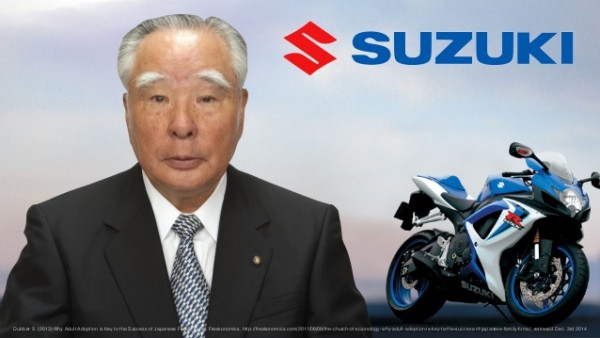Japan has one of the highest adoption rates in the world, with over 80,000 legal adoptions recorded every year. Yet when it comes to adopting children, the Asian country is lagging way behind most developed countries. That’s because around 98% of Japanese adoptees are bright young men in their 20s and 30s.
At the same time, while studies have shown that family-controlled businesses are generally unsustainable over long periods of time – mostly due to the fact that business acumen and intelligence are only partially inherited – it’s interesting to see that not only are a third of Japanese corporations family-run, but they are also clearly outperforming professionally managed companies in almost every way. Statistics show that family firms are more profitable, have a higher market valuation and increased sales compared to their rivals. Even more curious is that giants like Suzuki, Toyota or Matsui Securities have managed to keep it all in the family for over a hundred years, and other family businesses for even longer than that.
But what does the remarkable success of family business have to do with the high rate of adult adoption, right? Well, in Japan at least, these two curiosities are very closely linked. Prior to the Second World War, civil code in Japan decreed family wealth could only be passed down through male lines, traditionally to the first born son. So families with no male heirs or with sons deemed unsuitable to take over the family business turned to adoption, but not the kind most of us are used to. Instead of simply adopting a baby or a young boy, they adopted young men who displayed the intelligence and knowledge of business required to ensure that their name and legacy endured until the next generation. And while the law no longer prohibits people from passing down their fortune to female heirs, the age-old tradition of electing a ‘mukoyoshi’ (or ‘adopted son-in-law’) is still very popular in Japan.







